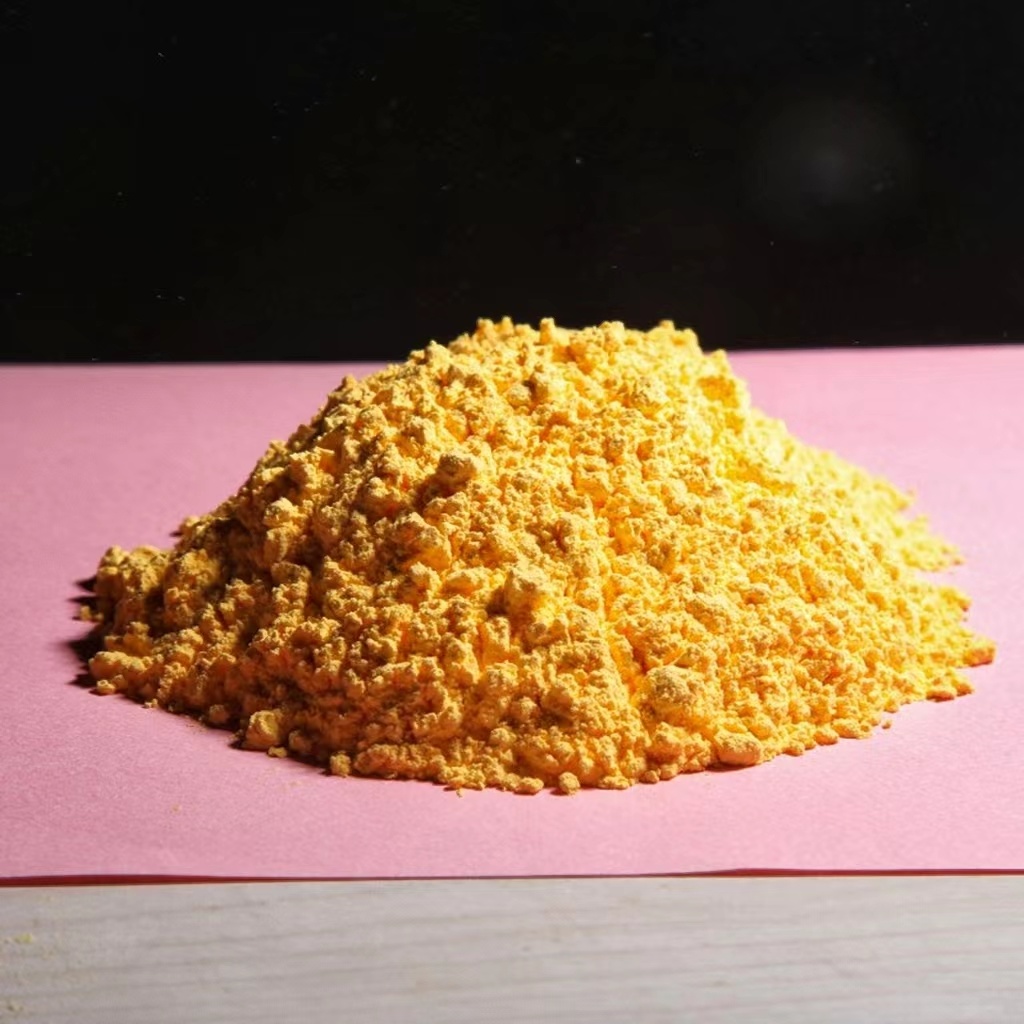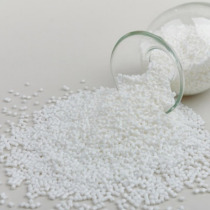Image Credit: Ann San, Pixabay
Last Updated on January 9, 2024 by Catster Editorial Team Magnetization Of Material

The information is current and up-to-date in accordance with the latest veterinarian research.
Cats are curious and love to play. The trouble is, cat-proofing your house is difficult. Cats are well-known for seeking out things they shouldn’t have. Sometimes this leads to serious complications. As pet parents, it can be a challenge to work out what is dangerous and what is not. So, is silica gel dangerous for cats? Will my cat be ill if he’s eaten silica gel?
Silica gel is a water-absorbing material used in packaging to keep products dry. It comes in little paper bags or plastic tubes, and the contents look like tiny clear beads. The packet will usually say “silica gel,” so you know exactly what it is. Often it will also say, “DO NOT EAT.”
Silica gel is found in a range of goods, from salami to handbags. Any product that will spoil if it gets moist will likely be packaged with silica gel. Cats love empty cardboard boxes, but please be cautious when leaving them around for your cats, as there could be small silica gel packets lurking in the bottom.
Silica gel, as a chemical, is not toxic to cats when eaten. It is also safe if it gets on your cat’s skin or fur. The packets say “do not eat” because they are often inside packaged with food and not designed to be eaten. Rather than the gel being harmful, the packets containing the gel can cause issues for your cat. You can buy silica gel cat litter. Silica gel is good as litter because it’s absorbent. It is safe to use, and even if your cat took a few small nibbles, it would be unlikely to make him ill.
Eating silica gel in packets could cause a tummy upset, so you need to be cautious. While uncommon, in some cases, the packet could block your cat’s gut. So, the best advice is to keep silica gel packets away from your cat.
If you find your cat with a silica gel packet, don’t give yourself too much of a hard time—cats often find things they shouldn’t! Will your cat be okay if he eats silica gel? Yes, probably… but it’s still wise to read on and decide if you need to call your veterinarian…
Great news—there is no need to worry. Your cat will not get ill from just playing with silica gel, although it is not recommended. Cat-safe toys are a much better choice.
Please don’t panic but monitor your cat. Your cat will unlikely show any signs of ill health, but the gel or packet might irritate their gut, causing a mild tummy upset. If they are going to be unwell, it will probably happen between a few hours and a couple of days after the gel is eaten. They may vomit or have a few runny poos.
The gel is not toxic even in large quantities, but it might irritate the gut and cause vomiting or diarrhea. The packet or packets combined with the gel may cause a more serious complication, however. Several silica gel packets in your cat’s stomach or intestines could cause a blockage. A blockage of the gut is an emergency. If you are missing a large or unknown number of silica gel packets, it is best to call your veterinarian for advice, even if your cat seems well.
You should call your veterinarian if your cat shows any of these signs after eating silica gel. Your cat could have a tummy upset for many reasons—it might not be the silica gel—but they still should be checked. Many tummy upsets get better with little or no treatment, but your vet should rule out a more serious issue. Silica gel packets, when swallowed whole or in large pieces, can cause blockage of the gut in cats, and it can be serious and life-threatening.
Choking is when something blocks the windpipe instead of being swallowed into the food pipe. This is unusual but can happen. If your cat is panicked and unable to breathe, you must get them to a veterinarian as an absolute emergency.
If your cat has eaten silica gel, don’t try and make him vomit. Some home therapies for making cats vomit are dangerous for your pet. If your veterinarian thinks your cat needs to vomit, they will do it at the clinic.
Sometimes, if an inedible object has been eaten within the previous few hours, making a cat vomit is an appropriate way of getting it out before it causes a blockage, but a professional veterinarian should only do this. Some objects can do more damage on the way back up than they will from staying where they are.
It is unlikely that your cat will be unwell after eating silica gel. But if he ate a lot of gel, or the packet is large, he could be. If your cat is vomiting or has diarrhea after eating silica gel but is still eating and behaving normally, your vet might simply treat your cat for an upset stomach. However, vomiting and diarrhea can be signs of a more severe condition, like an obstruction.
If your cat has only just eaten a large packet and your veterinarian is worried about a blockage happening, they may choose to make your cat vomit. They will use drugs to do this and monitor your cat carefully.
Your veterinarian will examine your cat, and if they think there is a blockage, they will recommend further tests. These might include scans and x-rays to help confirm an obstruction and let the vet know where it is. If confirmed, your cat will need surgery under a full anesthetic. The risk of the surgery depends on where in the gut the obstruction is and how long it has been there.
Silica gel is not harmful when swallowed. Usually, silica gel packets are small. Small packets of silica gel are unlikely to cause your cat a problem, even if they swallow them. Sometimes cats can get mild tummy upsets but nothing more. However, larger packets or several of them could get stuck in your cat’s gut and make him seriously ill. It is best to keep silica gel packets away from your cat, just in case.
Featured Image Credit By: Andreas Lischka, Pixabay

Magneti Motori Joanna is an experienced veterinarian working in the UK. She has written about pets and pet health for many websites, blogs, and pet magazines and loves to help owners understand their pets through her writing.